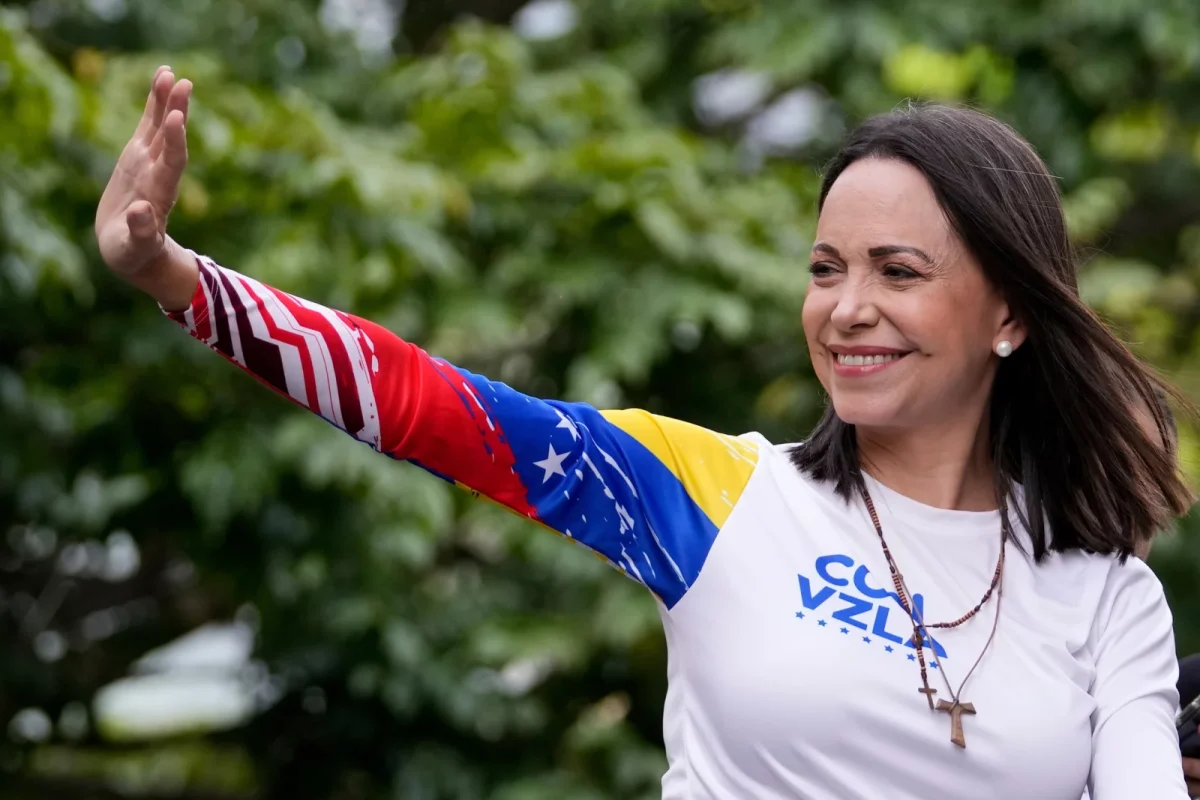
Elon Musk has recently levied a lawsuit against the artificial intelligence (AI) tech company OpenAI. The lawsuit arises from an alleged breach of ethics by OpenAI, a breach in the company’s founding agreement and AI’s threat to humanity.
When OpenAI first began its operations, Musk was a top financial contributor. Musk felt that the company shared his vision of safely developing AI for humanity’s benefit. In 2016 alone, Musk contributed over $15 million dollars to OpenAI, Inc.
Musk feels strongly that AI, more specifically artificial general intelligence (AGI), could pose a danger to humanity if it fell into the hands of the wrong people.
“We have to make sure humanity is okay here,” Musk said in an interview on Fox News.
The founding agreement of OpenAI hinges on the logic that AGI poses a unique threat to mankind because, unlike normal AI, it is capable of performing a wide range of complex tasks much like a human would. OpenAI was founded to provide its AGI technology to the public so that no one corporation would own that power.
When OpenAI was established in 2015, no AGI had yet been created. OpenAI was made partially to beat other corporations, like Google, to the creation of AGI and to release it to the public so that competition could continue unimpeded.
This founding agreement would bind OpenAI to be a non-profit developing AGI for the benefit of humanity and the AGI would be open-source.
In the 35-page lawsuit, Musk’s legal team lays out their grievances against the company, for breaching this agreement.
The breach is attributed to the companies dealing with the tech giant Microsoft, in which OpenAI licensed Microsoft one of its more advanced technologies. This technology, referred to as GPT-3, was already released to the public before the deal, and the deal specified that Microsoft only got licensing to OpenAI’s pre-AGI technology.
So no problem, right? Wrong.
It was up to OpenAI’s board to specify when it had created AGI, and not just another AI model. Musk and his legal team allege the board members were hand-picked by Altman and Microsoft who are ill-equipped by design to make an independent determination of whether and when it has developed an algorithm that is outside the scope of Microsoft’s license.
When OpenAI created the more advanced GPT-4, which many considered to be a form of AGI, Microsoft got full rights to the technology. This, in turn, barred the public from accessing it and allowed a corporation to retain the technology for profit.
This shift caused Musk to claim the company turned from its non-profit and open-source beginnings.
“Suddenly it’s like a 19 billion dollar for-profit corporation with close source… I don’t know how you go from here to there,” Musk said.
OpenAI has not been silent during these allegations. In a post made to the company’s blog, they said “We and Elon recognized a for-profit entity would be necessary to acquire those resources.”
OpenAI has claimed that more funding and resources would be necessary for the development of AGI and that only a for-profit company could provide this. The company also stated that Musk had privately acknowledged this and even had negotiations concerning it.
The blog post includes a series of emails between OpenAI founder Greg Brockman, Altman and Musk. In the emails, Musk agrees with the company shifting to a for-profit model.
The direction of the lawsuit is still uncertain, with the implication of AI’s place in society and industry in the balance.
“It can’t just be, you know, barreling forward and hoping for the best,” Musk said about the creation of AGI.








